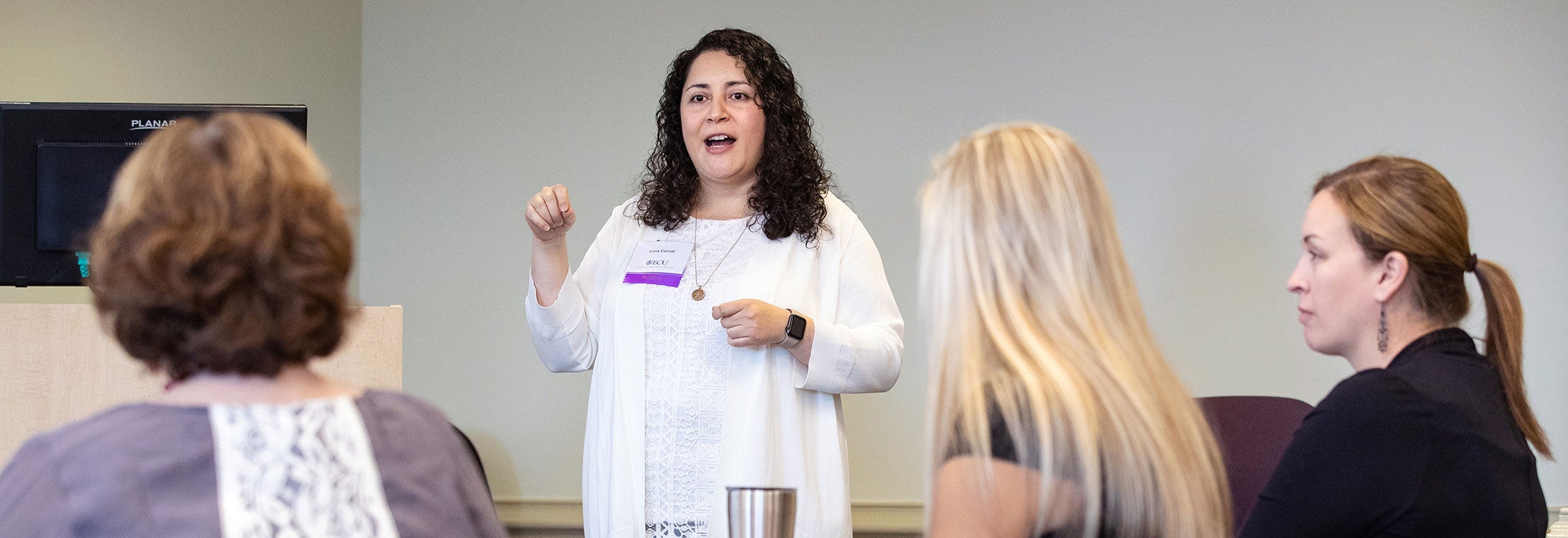Recent Faculty Awards Recipients
ECU Scholar Teacher Award
Brody School of Medicine’s Dr. Lisa Domico, Dr. Johanna Hannan, and Dr. Karen Litwa are the 2023 Scholar Teacher Awardees.
The ECU Scholar Teacher Awards recognizes faculty members who effectively integrate research and/or creative activity with teaching. Scholar Teachers share about how they weave these important faculty roles together, as well as provide a glimpse into their work.
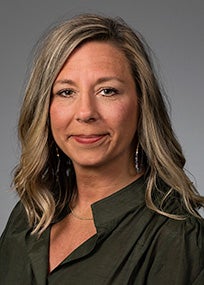
Dr. Lisa-Domico
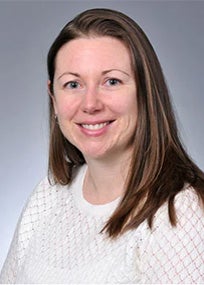
Dr. Johanna Hannan

Dr. Karen Litwa
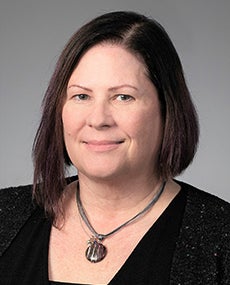
Brody School of Medicine’s Dr. Jamie DeWitt is a 2022 Scholar Teacher Awardee.
The ECU Scholar Teacher Awards recognizes faculty members who effectively integrate research and/or creative activity with teaching. Scholar Teachers share about how they weave these important faculty roles together, as well as provide a glimpse into their work.
2024 Brody Brothers Endowment Recipients

Dr. Karlene Cunningham
Dr. Karlene Cunningham, Department of Psychiatry & Behavioral Medicine
Project Title:
“Facilitating Long-Term Outcomes Using Research & Innovation for Systems Health Improvement & New Guidance in Eastern North Carolina (FLOURISHING in ENC)”
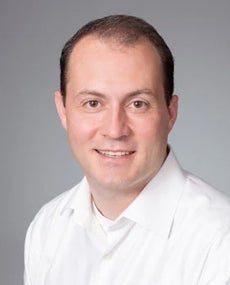
Dr. Brandon Garcia
Dr. Brandon Garcia, Department of Microbiology & Immunology
Project Title:
“Harnessing the Therapeutic Potential of Microbial Complement Inhibitors”
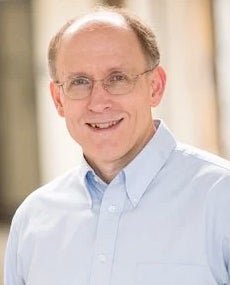
Dr. Mark Mannie
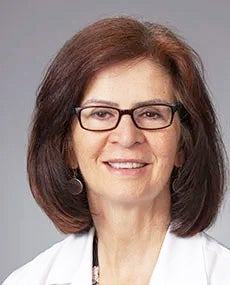
Dr. Lorita Rebellato
Dr. Mark Mannie, Department of Microbiology & Immunology & Dr. Lorita Rebellato, Department of Pathology & Laboratory Medicine
Project Title :
“Therapeutic Efficacy of Autologous Human Regulatory T Cells”
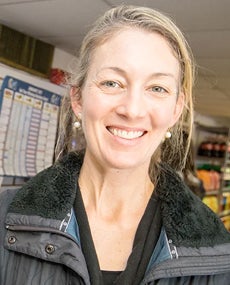
Dr. Stephanie Pitts
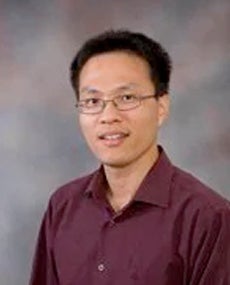
Dr. Qiang Wu
Dr. Stephanie Pitts, Department of Public Health & Dr. Qiang Wu, Department of Public Health
Project Title:
“Examining Associations Between Fruit and Vegetable Intake, Skin Carotenoids, and Inflammation Among Racially and Ethnically Diverse Participants”
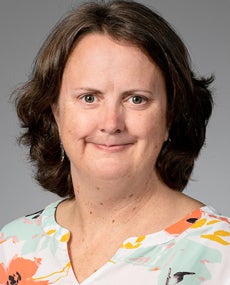
Dr. Tracey Woodlief
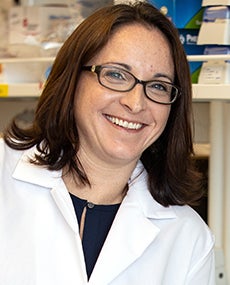
Dr. Jessica Ellis
Dr. Tracey Woodlief, Department of Pharmacology & Toxicology & Dr. Jessica Ellis, Department of Physiology
Project Title: “Peroxisomal-Mitochondrial Metabolic Crosstalk in Fatty Liver Disease
2023 Brody Brothers Endowment Recipients
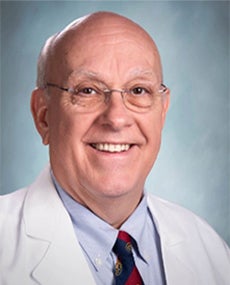
Dr. Paul Bolin, Department of Internal Medicine
Project Title:
“Leveraging Information-Rich Focus Groups to Construct Culturally Tailored Interventions to Achieve Health Equity in the Diagnosis and Treatment of Cardiometabolic Disease Among Insured, Low-Wage Workers in Rural NC”
This investigation furthers the work of the SERVIRE (Stopping Early Reversible Vital organ Injury in Rural ENC) project. SERVIRE was startedduring the COVID-19 pandemic to identify and initiate care for risk factors of severe COVID-19 in vulnerable laborers in the region. To date, the team has screened and/or vaccinated nearly 3,000 workers in eastern North Carolina.
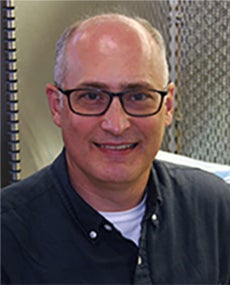
Dr. Jeffrey Eells, Department of Anatomy & Cell Biology
Project Title:
“A Kinin B1R Antagonist as a Therapeutic to Prevent COVID-19 Pathology”
Persistent symptoms following COVID-19, or long COVID, are common. In their research using a preclinical model of COVID-19, the faculty members have found persistently elevated expression of the kinin B1 receptor in the lungs and brain, as well as fibrosis in the lungs and cognitive deficits.
Dr. Eells said their preliminary results suggest that this receptor is involved in the long-term effects of infection. Currently, no therapies are shown to protect from the persistent effects of COVID-19. This project will test the feasibility of targeting this receptor as a novel therapeutic to prevent or attenuate long COVID symptoms.
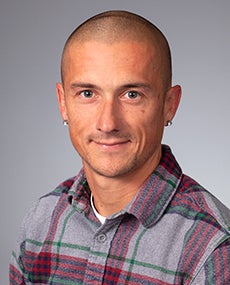
Dr. Kelsey Fisher-Wellman, Department of Physiology
Project Title:
“Mitochondrial Bioenergetics and Colorectal Cancer”
Dr. Fisher-Wellman, an assistant professor in the Department of Physiology, is trying to understand the role of mitochondria in colorectal cancer. He said colon cancer is unique from other cancers in that colon tumors accumulate mutations in mitochondrial DNA. How these mutations impact the development of colon cancer remains unknown. A primary focus of this project is to explore how alterations in mitochondrial metabolism contribute to tumor biology in the colon with the hopes of identifying vulnerabilities that can be targeted with various pharmacological or dietary interventions.
“Each year (more than) 51,000 Americans lose their lives to colorectal cancer (CRC). In the advanced, metastatic setting, CRC-approved therapies are typically not curative,” Fisher-Wellman said. “Novel strategies are needed to treat advanced CRC. The significance of the current project is that it investigates a novel mechanism by which CRC growth and progression are supported via mitochondrial remodeling.”
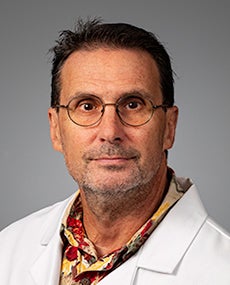
David A. Tulis, Ph.D., F.A.H.A.
Associate Professor, Department of Integrated Physiology and Metabolism
Project Title:
“Regulation of the Vascular Growth Response to Ischemia/Hypoxia by Acid-Sensing GPR68”
This work is particularly important as cardiovascular disease remains the number one killer of individuals in North Carolina, the United States and the world. Tulis said through their research efforts, they hope to expand their knowledge of this receptor and its contribution to cardiovascular diseases, including its potential therapeutic use, and provide evidence for more in-depth study.
2021 Brody Brothers Endowment Recipients
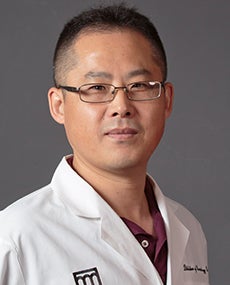 Dr. Myon Hee Lee, Division of Hematology / Oncology-PUM2, “A Master Regulator of Stem Cell Fate Decision”
Dr. Myon Hee Lee, Division of Hematology / Oncology-PUM2, “A Master Regulator of Stem Cell Fate Decision”
Mesenchymal stem cells (MSCs) have a wonderful potential to differentiate into many types of cells/tissues and can therefore be used for clinical trials of replacement for several disease states. However, their differentiation into unwanted lineages may generate potential problems, including induced obesity and osteoporosis.
Using multiple model systems (worms, zebrafish, and human MSCs), we have found that the PUM2 mRNA translational repressor enhances fatty tissue formation and represses bone tissue formation by its repressing target mRNAs. Dr. Lee remarks:
“In collaboration with multiple researchers (Dr. Brett Keiper, Dr. Yong Zhu, and Dr. Linda May), we will attempt to uncover the important targets to avert unwanted effects. The Brody Brothers’ endowment award will lead us to an understanding of MSC-related disorders such as obesity and osteoporosis.”
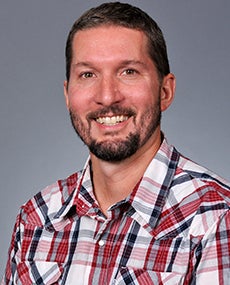 Dr. Christopher Geyer, Department of Anatomy and Cell Biology, “State of the ART biomimetic sperm selection for in vitro fertilization (IVF) Collaboration between the Geyer and Neufer labs”
Dr. Christopher Geyer, Department of Anatomy and Cell Biology, “State of the ART biomimetic sperm selection for in vitro fertilization (IVF) Collaboration between the Geyer and Neufer labs”
Approximately 1 in 10 couples experience fertility problems (clinically defined as no conception after 1-year of unprotected intercourse), and many will attempt to conceive a child using in vitro fertilization (IVF). IVF typically requires multiple cycles, which together cost more than the median yearly household income for families in eastern North Carolina (ENC).
On the male side of the equation, a significant factor limiting IVF success (thus increasing numbers of costly cycles) is the current lack of methods to reliably select the best sperm, which have normal morphology and low levels of oxidative damage and thus a pristine haploid genome. Following intercourse, the best sperm is naturally selected as the one that first successfully traverses the distinct biochemical microenvironments within the female reproductive tract. By mimicking these diverse biochemical microenvironments within the female reproductive tract and understanding how sperm motility should be accordingly modified, we can help clinicians identify the best sperm for IVF.
“A critical next step is to translate these findings to human sperm, and to this end, we have partnered with Dr. Jason Hildebrand (OB/GYN). Here, we seek financial support to continue this fruitful collaboration between Drs. Hale and Schmidt, who work in labs with distinct but highly synergistic expertise: Geyer (germ cell biology) and Neufer (cellular bioenergetics).”
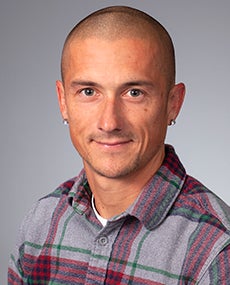 Dr. Kelsey Fisher-Wellman, Department of Physiology, “Comprehensive bioenergetic phenotyping during T-cell activation and immune therapy”
Dr. Kelsey Fisher-Wellman, Department of Physiology, “Comprehensive bioenergetic phenotyping during T-cell activation and immune therapy”
Although immune therapy using immune checkpoint inhibitors is an emerging cancer treatment strategy with the potential for long-term cures, a significant proportion of patients fail to respond. A growing body of evidence suggests that alterations to the energy producing components of the cell (i.e., mitochondria) are critical to anti-tumor immunity.
The present application aims to lay the foundation for the eventual development of new therapeutics that are better able to bolster the metabolism of immune cells to fight cancer. This requires scientific experiments that can pinpoint unique characteristics of immune cell metabolism that fail in response to cancer immune therapy and cancer surveillance. The present proposal hypothesizes that specific metabolic dysregulation occurs within the energy-producing organelle of the immune cell referred to as the mitochondrion.
“The short-term goal of this application is to identify these metabolic targets that fail during anti-tumor immunity such that in the long-term patients diagnosed with cancer can be afforded better, more targeted therapies.”
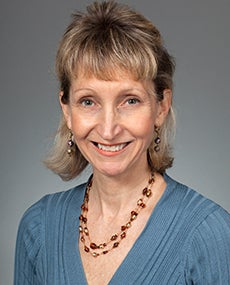 Dr. Suzanne Lea, Department of Public Health, “Pirates’ Prevention and COVID-19 Testing Study (Pirate PACT)”
Dr. Suzanne Lea, Department of Public Health, “Pirates’ Prevention and COVID-19 Testing Study (Pirate PACT)”
Pirates’ Prevention and COVID-19 Testing Study (Pirate PACT) is a longitudinal study launched to track COVID-19 among students living on campus. Beginning in August 2020, alongside Lea, co-investigators on the study include Dr. Charleen McNeill of the College of Nursing and Drs. Kristina Simeonsson, Aaron Kipp and William Irish of the Brody School of Medicine.
By expanding the eligible participants from freshmen in the residence halls to any student remaining in Pitt County, the team was able to register 136 participants who were tested every two weeks during the fall semester. They had a nasal swab test every visit to detect the active virus and a blood draw every other visit to test for antibodies. They also completed a survey each time about their prevention behaviors over the two weeks prior.
Dr. Lea remarks on the factors that may impact students and COVID-19: “We also collected data on many other factors, such as employment status, stress level, and their perceptions about COVID impact in their life.”
Faculty Research Grants
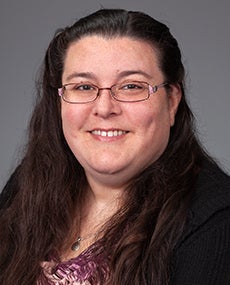 Dr. Michelle L. Ratliff, Department of Microbiology and Immunology, “Human Hematopoiesis and Aging: Roles for ARID3a and Inflammation”
Dr. Michelle L. Ratliff, Department of Microbiology and Immunology, “Human Hematopoiesis and Aging: Roles for ARID3a and Inflammation”
Human hematopoiesis is a dynamic process requiring intricate regulation of multiple gene expression pathways involved in lineage commitment and resulting in the development of multiple blood cell types. This process is disrupted in old age, which results in decreased immunity against pathogens and impaired responses to vaccines, with an associated chronic low-grade inflammation.
Understanding the mechanisms that control and regulate human hematopoiesis and innate responses in elderly versus young individuals is necessary to alleviate defects in immune responses, particularly important as nearly a quarter of the US population will be over the age of 65 by 2060.
Dr. Ratliff explains: “My primary research interest is in the age-related changes that occur in the hematopoietic progenitor cells, particularly in the hematopoietic stem cells (HSCs). Currently funded studies are focused on investigating the function of the DNA-binding protein ARID3a in HSCs from young and aged donors.”
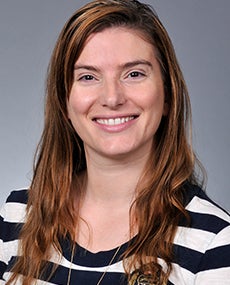 Dr. Lisandra E. de Castro Brás, Department of Physiology, “Collagen-Derived Peptides to Target Inflammation in Myocardial Infarction”
Dr. Lisandra E. de Castro Brás, Department of Physiology, “Collagen-Derived Peptides to Target Inflammation in Myocardial Infarction”
This project uses a novel peptide to modulate tissue degradation. Our data shows that this peptide has the potential to reduce inflammation and promote cardiac repair; however, its molecular and cellular mechanisms are still unknown. This proposal will identify both the peptide cellular targets and activated signaling mechanisms.
“Our lab investigates the healing cascade that is activated after myocardial infarction (a.k.a heart attack). Our goals include identifying new targets and therapies that can both reduce the inflammatory response, to diminish tissue degradation, and stimulate tissue regeneration and repair.”
